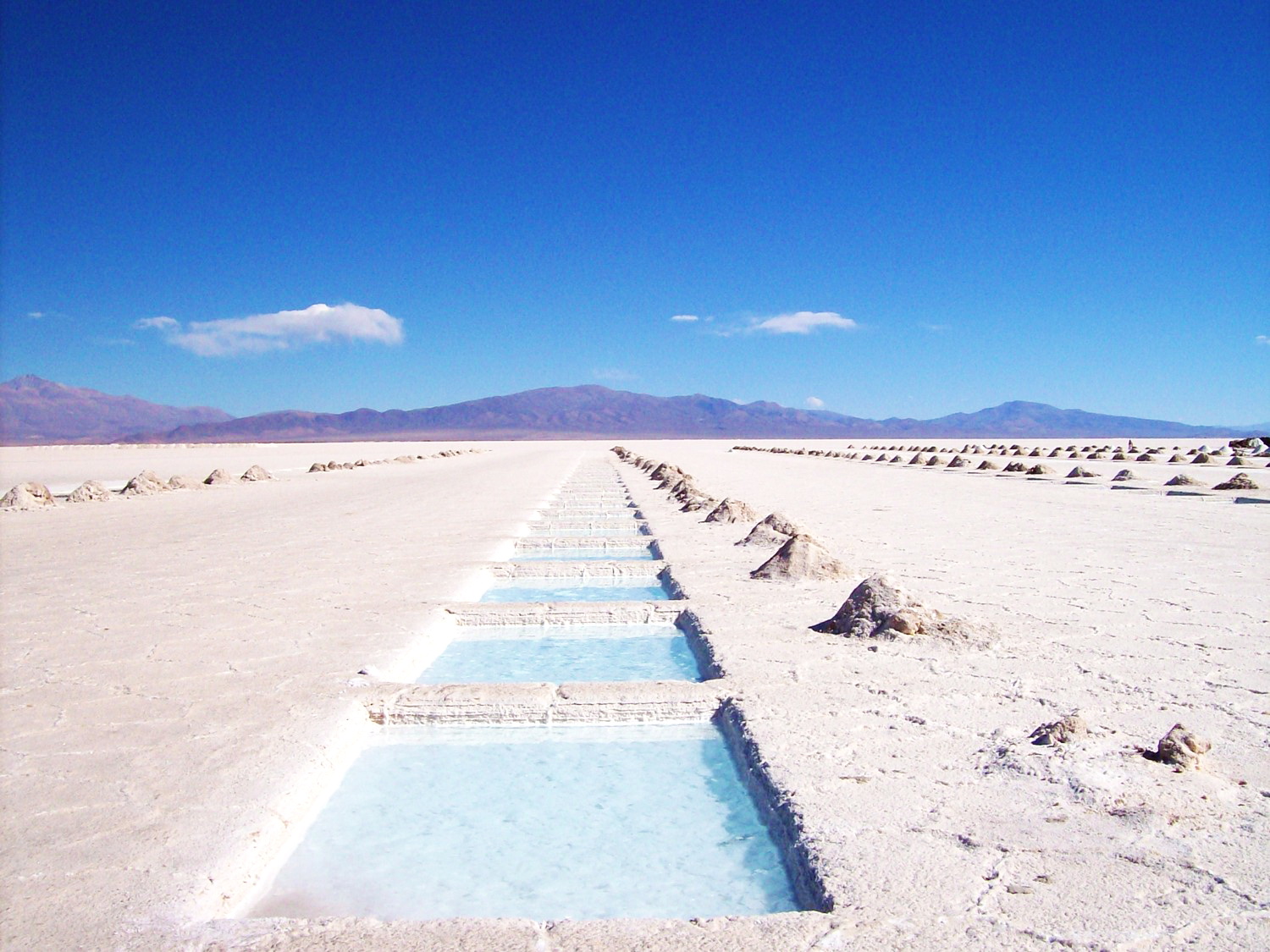Reducing the production and consumption of minerals and deepening its circularity policy could enable the EU to address the social and environmental crises equitably, without exacerbating inequalities or compromising human well-being in the areas of the Global South where minerals are extracted.
Brussels, Belgium – Following EU Raw Materials Week, which convened in Brussels this week, civil society organizations in Latin America warned that European Union regulations fail to respect the rights of communities affected or at risk of being impacted by mineral extraction projects used for energy transition and other industries, deepening inequalities in the Global South.
While the debate around the future dynamics of raw materials in Europe – under the slogan “Europe means business; Europe is a powerhouse”– sought to foster investment opportunities between EU industry and countries of the Global South, the event fully ignored the realities of the territories in which these minerals are extracted. The effective participation of Latin American civil society has been practically non-existent, and the voices of local communities affected by the “critical minerals” projects promoted at the event have been excluded.
“The EU’s current raw materials and trade policy contradicts Europe’s claim and rhetoric of upholding human rights and the highest environmental standards and supporting mineral-rich countries in creating added value and in their own energy transition.” said Teresa Hoffmann, EU raw materials policy expert and member of FARN. “Instead of making rapid progress in implementing human rights and environmental standards, there is a risk of even deregulating existing laws in the name of ‘competitiveness through simplification.’”
The competitiveness paradigm
The event’s agenda showcased the paradigm promoted by the European Commission in the framework of competitiveness vis-à-vis other countries such as China and the United States, which also seek to control the market of the so-called “clean technologies” and other industries, such as the military and aerospace. This approach is supported by the Draghi report, which stresses the importance of strengthening Europe’s position in the global market.
This narrative frames competitiveness in a very narrow perspective of perpetual growth, ignoring key elements such as environmental sustainability, social justice, and the need for real action in order for the EU to take steps to reduce its demand for minerals and its energy consumption.
“The new paradigm of competitiveness does not take into account the limits of the planet, nor the climate, biodiversity and water crises, and risks deepening the asymmetry of power and inequality that exist between the countries of the Global South and the Global North, while promoting policies that impede a just global energy transition,” said Pía Marchegiani, deputy executive director and director of the Environmental Policy area of the Environment and Natural Resources Foundation (FARN).
European Critical Raw Materials Regulation (CRMR)
The Commission this week discussed the implementation of the European Critical Raw Materials Regulation (CRMR) through ‘strategic projects’ and ‘strategic partnerships’ in and with countries in the Global South.
Critically, although the regulation will be widely implemented in Latin America—where many of these minerals are found in strategic ecosystems and indigenous territories—it does not include robust human rights and environmental due diligence mechanisms appropriate to the socio-cultural context of this region.
On the contrary, the CRMR allows European companies to self-regulate their compliance with human rights and environmental standards through schemes that do not consider the complexity of the aggregate and synergistic impacts of extractive activities, which are expanding rapidly due to European and global demand.
“Europe is seeking to secure access to minerals and energy through the modernization of free trade agreements, bilateral investment agreements and the CRMR itself. This new law promotes private mechanisms for multi-stakeholder participation and mining standards on environmental issues or transparency, which cannot be understood as a substitute for the procedures and regulations provided for in the laws of countries” said Ramón Balcázar, researcher and executive director of the Fundación Tantí. “Currently, we see them being used by the same companies and states that together systematically deny the right to free, prior and informed consultation to the peoples who are often affected simultaneously by mining and energy mega-projects”.
Territorial realities not on the EU agenda
In Latin America, there is vast evidence that large-scale mineral extraction leads to socio-environmental degradation and conflict, and poses serious risks to local communities and environmental defenders.
In the Salar de Atacama in Chile and the Salar del Hombre Muerto in Argentina, lithium extraction has generated environmental conflicts, weakened the social fabric, deepened state violence, and significantly affected these sensitive ecosystems.
Despite this, government representatives from several Argentine provinces attending the event failed to refer to the lack of social license and the serious socio-environmental conflicts they face. On the contrary, they emphasized the investment opportunities in these mineral-rich provinces and promoted reforms that represent a serious setback for human and environmental rights, such as the Incentive Regime for Large Investments (RIGI), denounced by the Argentinean organization FARN in a recent communication.
“The European Union has regulations whose implementation processes do not respect the rights of access and international environmental law,” said Yeny Rodríguez, senior lawyer at the Interamerican Association for Environmental Defense (AIDA). “This is extremely worrying because we know that there are 49 strategic projects applications for the extraction of transitional minerals outside of the EU (out of a total of 170 proposals), but we have no information about which ones. They are likely in the Global South and, more worryingly, they may be planned on indigenous lands and in strategic ecosystems that should be recognized by the EU as no-go zones, or mining-free areas”.
We call on the EU to rapidly adopt effective solutions to reduce the production and consumption of minerals and to deepen its circularity policy to address the social and environmental crises in an equitable and intergenerational way, without creating new inequalities or compromising human well-being in Latin America, as recently called for by the UN Economic Commission for Europe itself.
